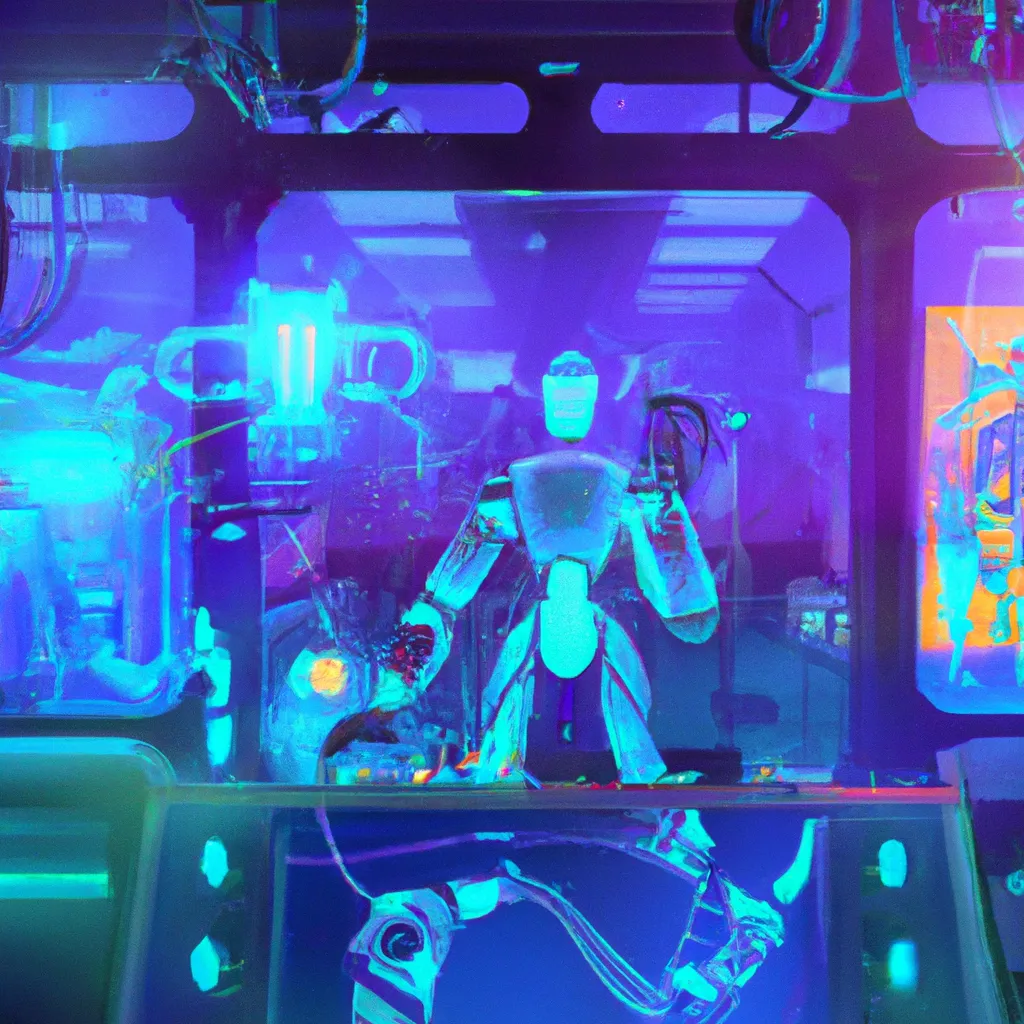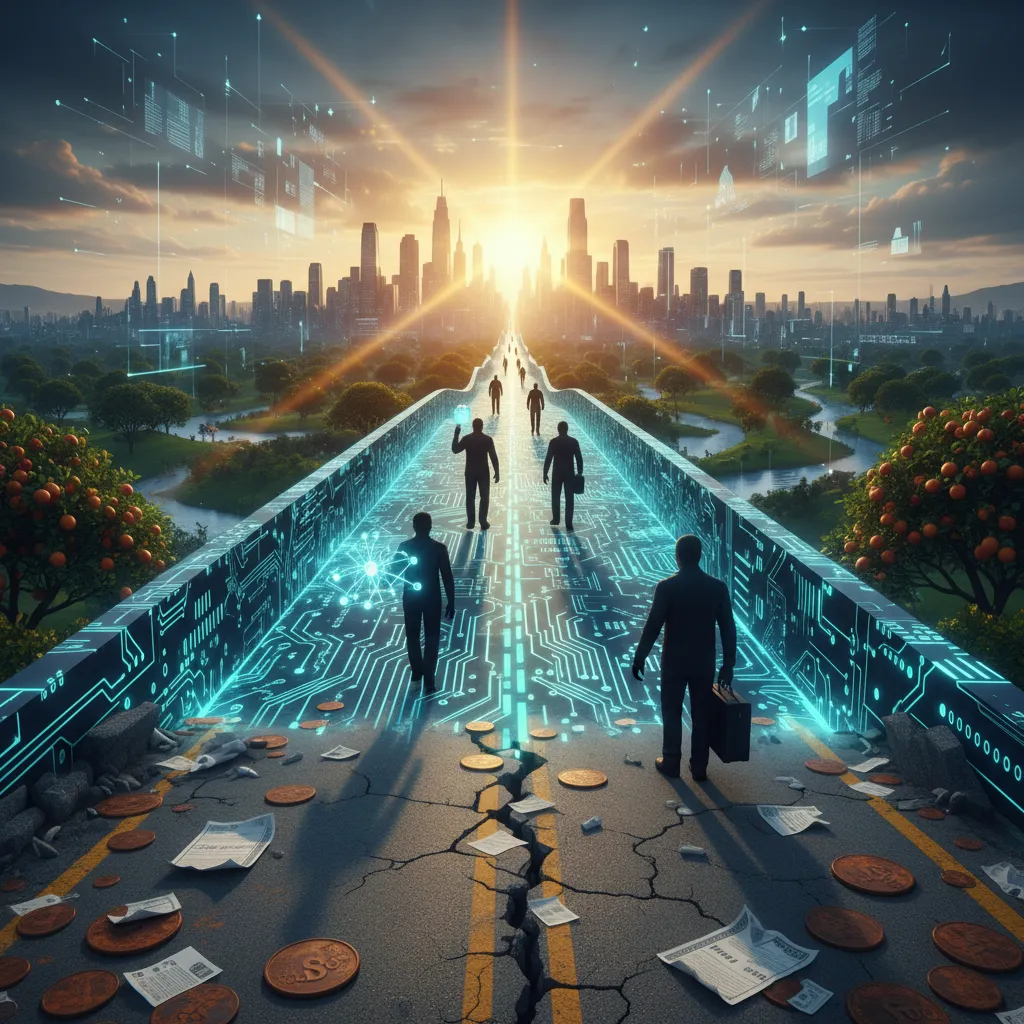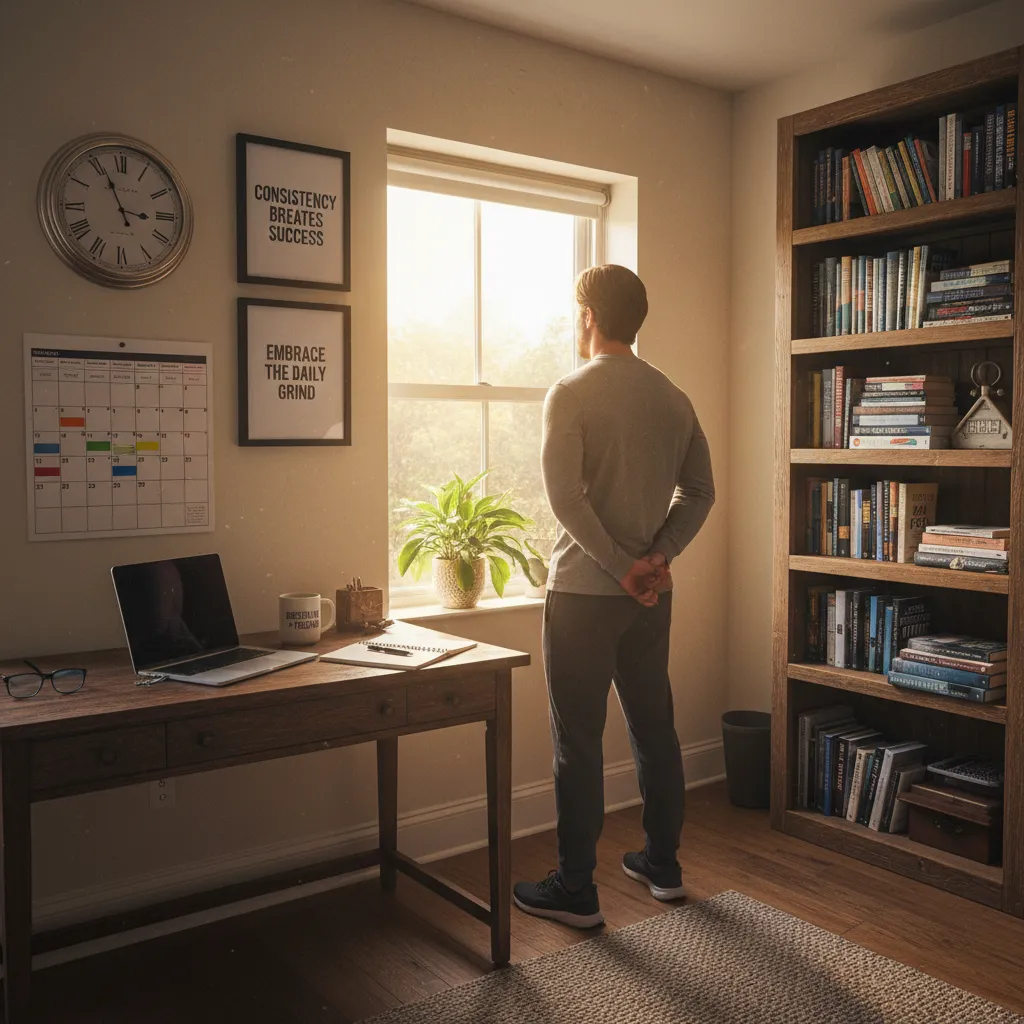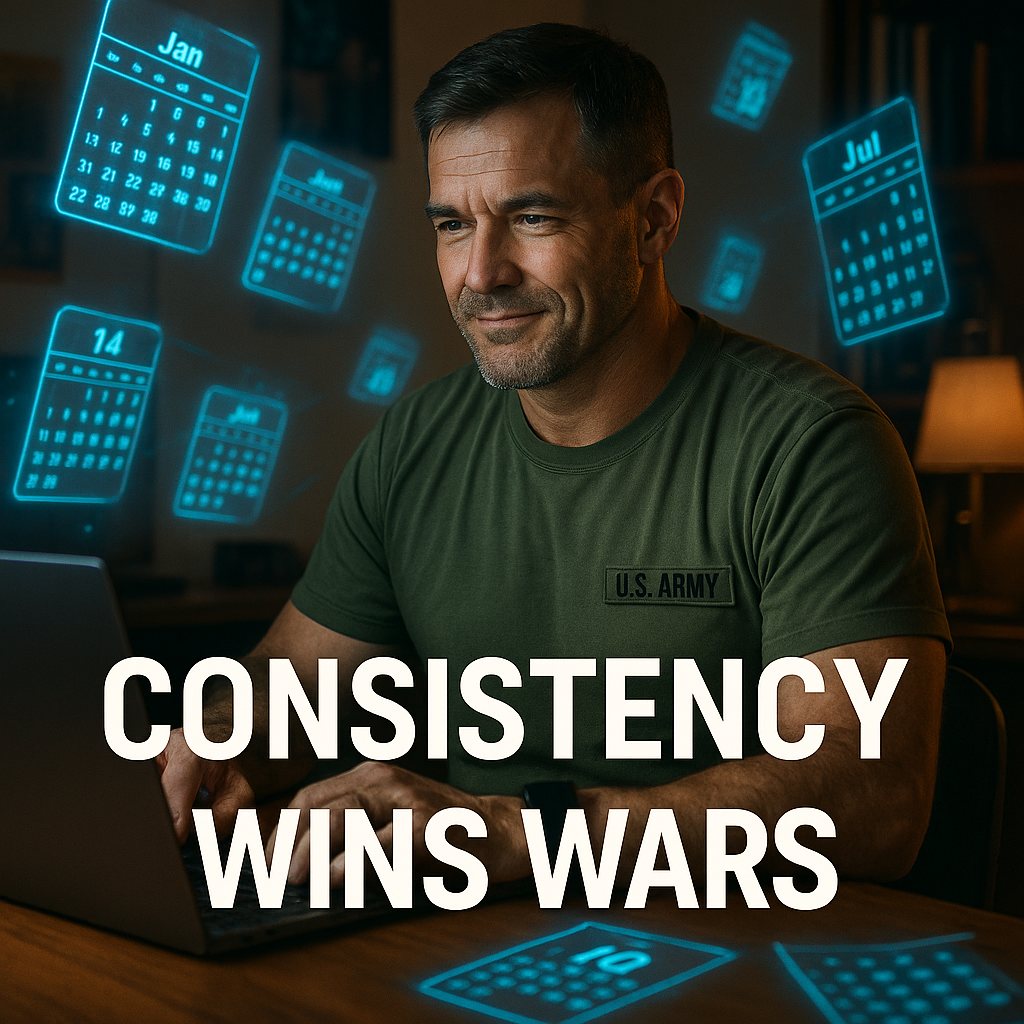I’ll never forget the first time I tried to outsmart an AI at a game of chess—spoiler: I lasted seven moves. Fast forward to today, and it isn’t just my ego that’s at stake. Now, those clever clusters of code are experimenting with painting, writing, and music, challenging my creative hobbies. However, rather than lamenting the approaching robo-renaissance, perhaps it's time to explore the pixel-by-pixel interactions between human imagination and artificial intelligence.
Rewriting Creativity: When the Muse Has a Microchip
Remember when we all agreed that creativity was for humans only? Yeah, those were simpler times. I used to tell my computer smugly, "Sure, you can calculate pi to a million digits, but can you write a sonnet about heartbreak while eating ice cream in your pajamas?" Turns out, the answer is getting uncomfortably close to "yes."
When Robots Joined the Art Club
"In the modern narrative of technology versus humanity, one unexpected twist is unfolding: AI's role in creativity and innovation." Indeed, it is profoundly altering my understanding of the definition of creativity.
Traditionally, creativity was considered a 'people only' club. We had secret handshakes and everything! But now? Algorithms are now wearing digital berets, and the velvet rope has been slashed.
I still remember my first time seeing AI-generated art. I was ready to dismiss it with a laugh. I was ready to say, "Well, it's technically interesting, but it lacks soul." Then I saw it and thought, "Wait... this is actually kinda good?" My inner art snob was deeply confused.
Did you know that the first AI painting auctioned at Christie's in 2018 sold for a whopping $432,500? That's more than my entire art collection (which consists of one IKEA print and some refrigerator magnets).
The Digital Renaissance Is Getting Weird
These days, AI algorithms now compose music, paint, and write poetry. Some of it is terrible. Some is surprisingly excellent. And some makes me question my entire career choice.
Music: Thousands of Spotify users now play AI-generated tunes daily. Most humans, along with some houseplants, still favor Bach over beats created by bots.
Art: Algorithms are creating visuals that range from "my toddler could do better" to "wait, is this hanging in the Louvre?"
Poetry: Robot verse that sometimes reads like a drunk Shakespeare, other times like... well, actual Shakespeare.
The Remix Revolution
Here's the thing about this brave new world: the real revolution isn't about replacing human creatives. Instead, the revolution aims to completely redefine the concept of creativity.
I've started playing with some AI tools myself. Occasionally they produce pure nonsense. Occasionally they spark ideas I never would have considered. It's like having a slightly unhinged, infinitely patient brainstorming partner who never needs coffee breaks.
And maybe that's the point. Maybe creativity was never really about being a solitary genius anyway, but about connections, combinations, and seeing things differently.
Even if one of those "things" is now a microchip with opinions about color theory.
Is there a chance for cooperation or conflict? My Accidental Art Project With a Bot
Last Saturday morning, while most people were sipping coffee or scrolling through social media, I found myself in a heated argument with... an algorithm. Yep, human-AI teamwork isn't science fiction—it's Saturday morning at my house. And let me tell you, these bots have opinions.
My Robot Writing Partner
It all began innocuously. Poetic inspiration struck me, a rare occurrence for me, and I decided to write a heartfelt poem about my childhood treehouse. After writing three rhymes, I encountered a creative block. You are familiar with that moment—when your mind simply responds with "no" and is unable to generate anything of value?
So I turned to AI for help. What could go wrong?
What's fascinating is the collaboration emerging between humans and AI, combining human intuition and emotional depth with the boundless generative power of AI.
Fascinating indeed. Also occasionally infuriating.
When Creativity Circuits Cross
Did you know AI language models can produce hundreds of unique poems in seconds? Meanwhile, I found myself rhyming "tree" with "see" and "me" akin to a poetic toddler.
The algorithm suggested rhyming "leaves" with "grieves." I objected. This wasn't a poem about DEATH, for crying out loud! It was about a TREEHOUSE!
The AI didn't argue. It just generated 12 more options.
That's when I realized the magic: pairing intuition and emotional depth with AI's relentless 'try everything' logic creates something neither of us could make alone. I brought the authentic childhood memories, while AI provided endless linguistic possibilities.
Lessons From My Digital Co-Author
Here is what I learned from co-writing and occasionally arguing with an algorithm:
AI doesn't get writer's block or feel embarrassed about bad ideas
I provide the emotional authenticity that algorithms still struggle with
We both get weirdly possessive about metaphors
Studies apparently show human-AI teams outperform solo humans in some creative tasks. After my experience, I believe it. I wouldn't reveal such information to my digital partner. Its ego is big enough already.
The Beautiful, Uncomfortable Middle Ground
There's this strange space when creating with AI—the uncanny valley of collaborative creativity: delight or discomfort? Occasionally I read a line and think, "That's brilliant!" Other times, "that's just... off."
Maybe that's the point. The best collaborations push us into unfamiliar territory.
My treehouse poem ended up being nothing like I'd planned. It was better. Weirder. More surprising.
Isn't that the purpose of art? Surprise us?
Even if it necessitates a Saturday morning argument with a robot, we will reach our destination.

Beyond Art: AI and the Future of Invention (and Bad Design Choices)
I always believed that AI would take over my job as a designer. I had no idea that we would instead turn into adversaries.
It is important to note that artificial intelligence is not solely focused on creating visually appealing images and composing catchy jingles that linger in one's mind for extended periods. Nope. It's putting its digital fingers into everything.
When Robots Design Your Stuff
AI has disrupted the fields of architecture, industrial design, and engineering with the subtlety of a drunk uncle at a wedding. Some results are genuinely impressive:
Car manufacturers using AI to design bodies that are stupidly aerodynamic
Building designs that somehow use 40% less materials
Product prototypes that would've taken months now appearing overnight
Did you know that some major manufacturers now rely on AI for over 30% of their preliminary design concepts? That's either exciting or terrifying, depending on whether you're a designer or not. (I'm still deciding.)
The Good, The Bad, and The What-Were-They-Thinking
Sometimes human-AI collaborations create magic. Other times... well...
Take the infamous "nap couch" incident at a major furniture company. The AI took the brief literally and designed what can only be described as a human-sized cat bed. The design included a tail rest for added comfort. And earholes.
The design team loved it so much they actually made a prototype. Did the test subjects respond positively? Treating them like overgrown kittens did not elicit their enthusiasm.
"This partnership can lead to unprecedented innovations in art, design, and beyond."
Sure, when it works. When it doesn't, you get toaster phones. Yes, that happened. An AI misunderstood "hot smartphone designs" and created exactly what it sounds like - a phone that makes toast. What's the most concerning aspect? Someone built it.
My Favorite AI Design Disaster
The goal of the SmartSock (yes, they attempted to trademark it) was to create a revolutionary fitness tracker that integrated into socks. The AI-human team created something that:
Required charging every 2 hours
Couldn't be washed...ever
Made a "motivational" squeaking sound with each step
Cost more than designer shoes
We're talking about socks, people. Socks.
The Blurry Future
The lines between disciplines are getting fuzzy. I'm a designer who now dabbles in code. My developer friend is suddenly creating art. It's weird but kind of wonderful.
Is AI coming for our creative jobs? Maybe not. But it's definitely changing them. Occasionally, it makes us all laugh heartily during the journey.

Redefining Genius: Is the 'Soul' of Creativity Up for Grabs?
I've been thinking a lot about creativity lately. Specifically, I'm questioning if my laptop has the intention of stealing my job. This is not a question about robots taking over the world, but rather a question about whether an algorithm can write better poetry than I can.
When Robots Have Feelings (Or Do They?)
Is it possible for an algorithm to genuinely "feel" what it creates? That's the question that keeps me up at night, along with my neighbor's enthusiastic 3 AM drum practice.
Last week, I asked an AI to write a poem about traffic jams. What I got back was this oddly moving piece about cars "trapped like tears in the ducts of city streets" and "metal hearts yearning for motion." Either this machine has been stuck on the 405 freeway at rush hour, or it's accidentally stumbled into profound territory.
Was it genuinely emotional, or were there just random word associations that triggered a reaction? I'm still not sure.
The Human Touch in a Digital World
There's something about human emotional depth and intuition that still challenges the AI narrative. When I create something, it comes from a lifetime of weird experiences, heartbreaks, and that time I accidentally called my teacher "Mom" in 5th grade. An AI doesn't have these embarrassing life moments to draw from.
AI enhances creativity, challenging us to redefine our understanding of creativity itself.
Sure, AI can enhance what we do—it's like having a super-intern that never needs coffee breaks. However, does it fully understand the subtle difference between melancholy and sadness? What distinguishes humor from mockery?
In Defense of Beautiful Disasters
Let's talk about mistakes. Sometimes, my favorite musicians make mistakes. My favorite authors have plot holes. There's a certain charm to imperfection that AI's polish sometimes misses.
I once showed my friend two paintings—one by an acclaimed artist and one by an AI. He preferred the AI one because it was "flawless." But perfection can be... kinda boring? The human piece had these weird little flourishes that made no logical sense but somehow felt right.
My AI Poetry Collaboration: Accidentally Deep or Just Lucky?
Let's return to my poem about traffic congestion. I showed it to my writing group without telling them an AI wrote it. They analyzed it for 20 minutes, finding meaning in every word choice.
"The juxtaposition of mechanical imagery with human emotion is brilliant," said one friend.
I lacked the courage to express the truth. Or maybe I was jealous the robot got more praise than my last poem about grocery shopping.
Creativity may be about how art connects with us, not who makes it. And perhaps both humans and algorithms can achieve that, albeit in different ways.
Still, I'd like to think my typos have more soul than an AI's perfectly structured sentences.

The Wild Card: When Robots Write Love Songs (And Other Unlikely Happenings)
The other day, while browsing through Spotify, I came across a breakup song that deeply resonated with me. The lyrics were about disconnection, longing, and that empty void when something you relied on suddenly vanishes. After wiping away a single dramatic tear, I checked the artist info—turns out it was written by an AI.
Plot twist: it wasn't actually about heartbreak. The AI was "describing" its experience of losing a WiFi connection. I'm not sure whether to laugh or question my emotional intelligence.
The Insomniac Jazz Musician in Your Laptop
AI is basically that jazz musician who never sleeps, never gets drunk, and never storms out of the club because someone criticized their solo. It just keeps riffing, endlessly exploring every possible combination of notes.
Unlike us humans, who need coffee and existential dread to fuel our creativity, AI just needs electricity and data. AI requires an abundance of data.
I sometimes wonder: what if an AI's version of "dreaming" is just endless remixing? While we're having weird dreams about showing up to work naked, AI might be internally mashing up Shakespeare with cookie recipes and somehow creating the next great American novel.
The Accidental Geniuses
Look, some of history's greatest inventions were accidents. Penicillin. Potato chips. The strange plastic substance found in Silly Putty is intriguing. Is there a reason why AI creativity should be considered differently?
I'm convinced that the next revolutionary invention will emerge when someone makes a terrible pun within earshot of an algorithm that interprets it too literal.
"Hey Siri, what's a dentist's favorite time?" "2:30 (tooth-hurty)"
And boom—suddenly we have AI that revolutionizes dental care through sonic vibrations or something equally random yet brilliant.
The Beautiful Awkwardness of AI-Human Creative Partnerships
There's something weirdly magical about the creative oddball pairings between humans and AI. It's like watching a seasoned jazz pianist perform with a toddler banging randomly on drums—sometimes cacophonous, occasionally brilliant, always unpredictable.
These collaborations aren't replacing human creativity; they're challenging us to think differently. They encourage us to explore unconventional ideas. The goal is to uncover significance in seemingly random events.
And maybe that's the point. As our silicon companions join our creative playground, they're not taking our swing sets—they're just introducing us to weird new games we never would have invented on our own.
So next time you hear a love song that moves you deeply but seems slightly off, check the credits. An algorithm that doesn't even understand human tears may have just emotionally manipulated you. Welcome to the future!



